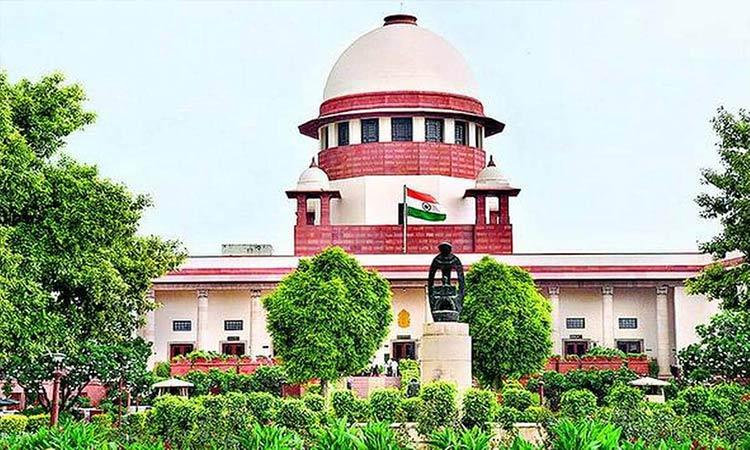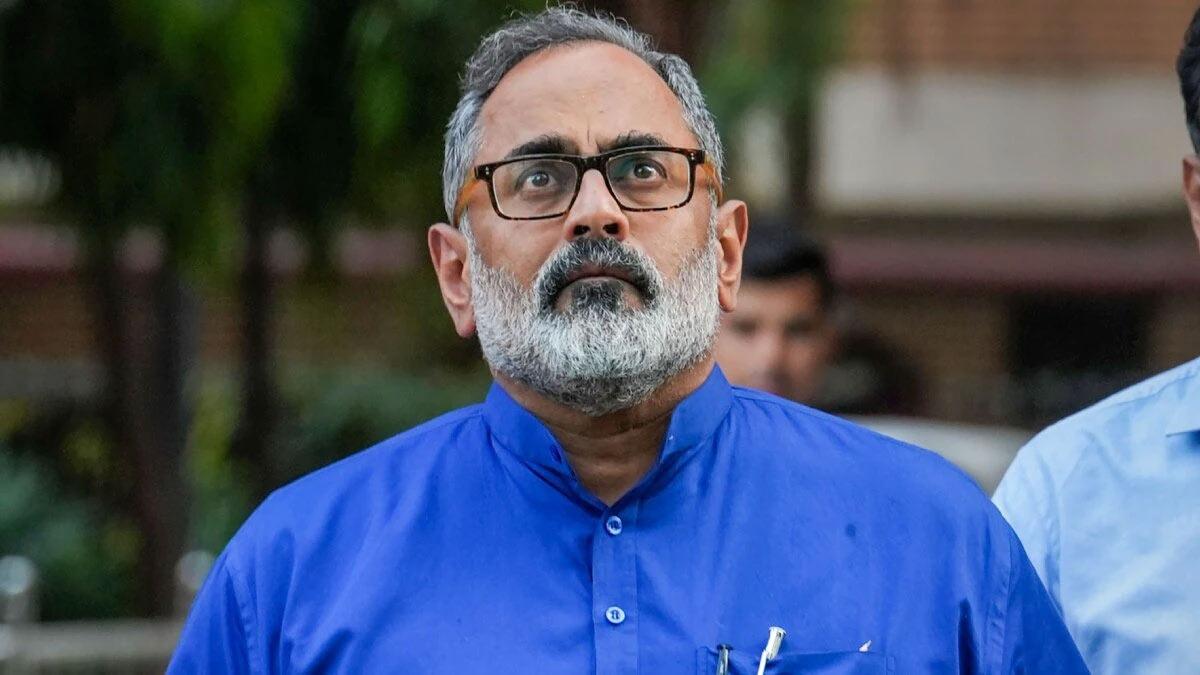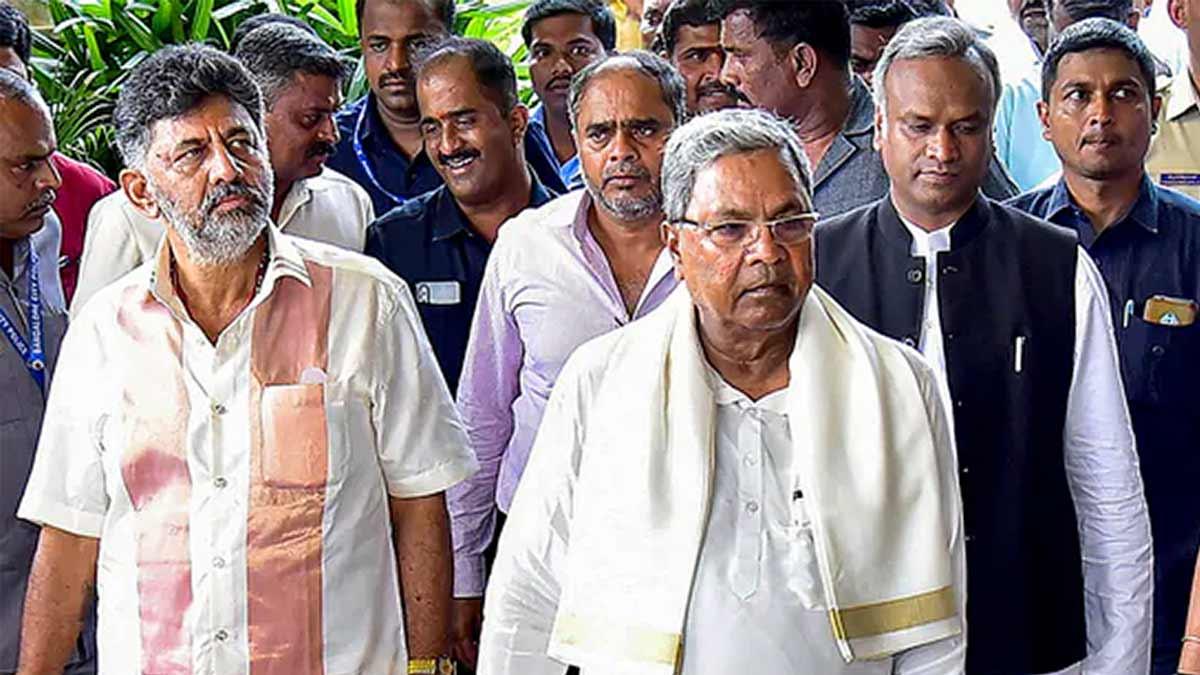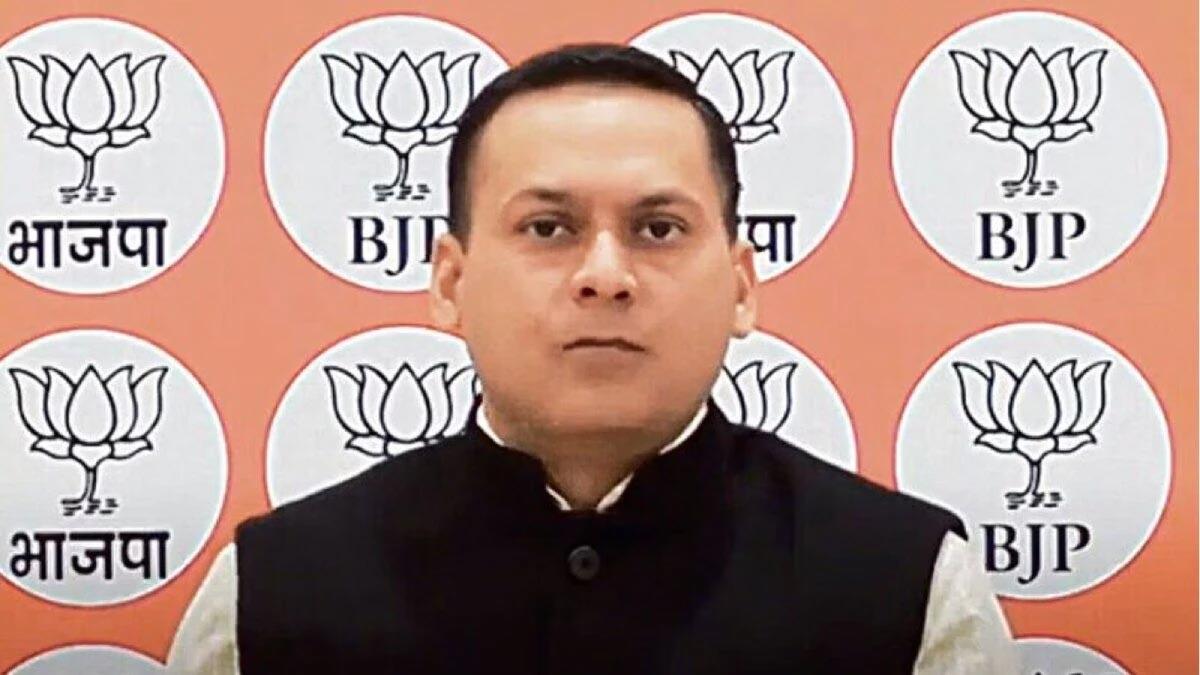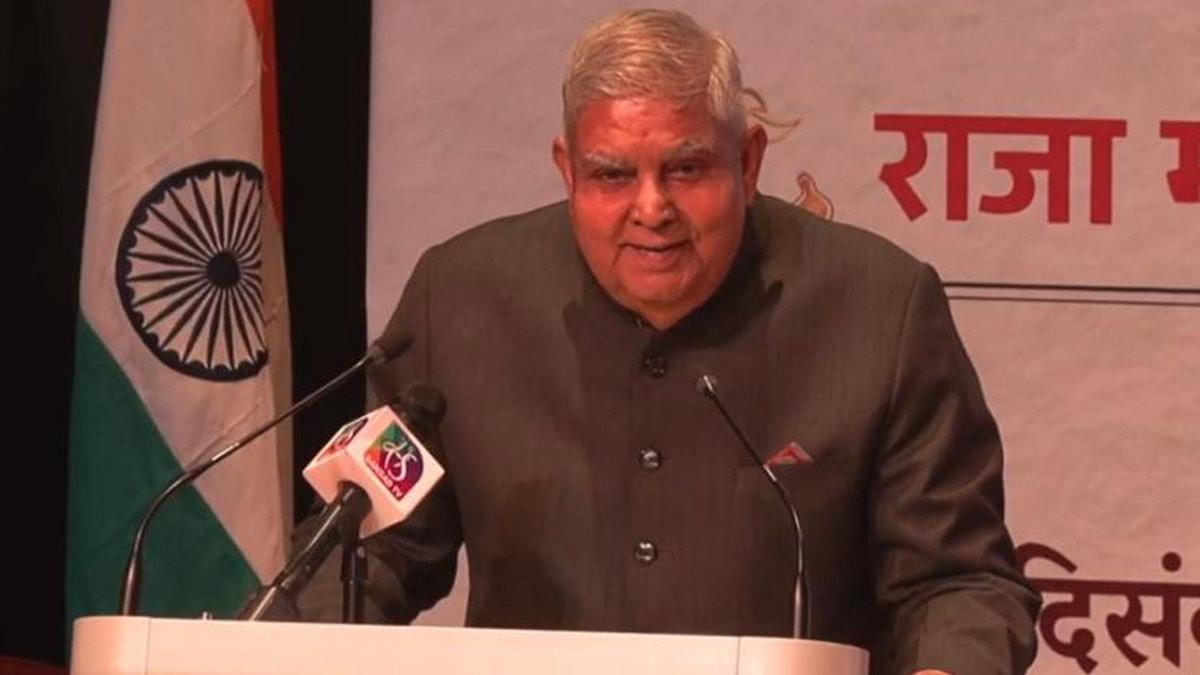The Supreme Court on Wednesday stayed the Allahabad High Court direction to the Uttar Pradesh government to conduct urban local bodies polls without reserving seats for Other Backward Classes (OBCs).
A bench, headed by Chief Justice D.Y. Chandrachud, observed that a segment of the society would be left out if elections were held without reservation. The bench, also comprising Justice P.S. Narasimha, said: "We cannot have a vacuum in governance", as it noted that the term of some local bodies would come to end on January 31.
Solicitor General Tushar Mehta, representing the Uttar Pradesh government, submitted that the government has already set up a dedicated commission to collect data for representation of the OBCs.
Staying the high court's direction, Chief Justice Chandrachud said the government is at liberty to issue a notification allowing discharge of financial obligations, however, no major policy decisions are to be taken in the meantime.
During the hearing, the apex court observed that in view of the Krishnamurthy judgment, the state government has issued notification constituting the UP state local bodies dedicated backward classes commission.
Also Read | Level of Oppn unity will determine 2024 poll results: Akhilesh Yadav
Mehta informed the apex court that the term of some local bodies would come to end by January 31 and added that the commission can be asked to complete the exercise of collecting data to determine backwardness within three months, though the panel's term is six months.
Noting that the tenure of the newly-appointed commission is six months, the top court said efforts would have to be made to complete the exercise expeditiously before March 31, 2023.
It further added that the government will be at liberty to delegate the work and financial powers to ensure local bodies administration is not hampered. The apex court issued notice to the original petitioners in the matter, before the high court, and sought their reply within three weeks.
The Uttar Pradesh government, last week, had set up a five-member commission for providing reservation to OBCs in urban local body elections.
The panel will be headed by Justice Ram Avtar Singh (retd). The four other members are retired IAS officers Chaub Singh Verma and Mahendra Kumar, and former legal advisors to the state Santosh Kumar Viswakarma and Brajesh Kumar Soni. The members were appointed after the Governor's approval.
The panel was formed after the Lucknow bench of Allahabad High Court quashed the UP government's draft notification on urban local body elections and ordered it to hold the polls without reservation for the OBCs. The high court delivered the verdict on pleas challenging the preparation of the OBC reservation draft without following the triple test formula prescribed by the Supreme Court.
Uttar Pradesh Chief Minister Yogi Adityanath, after the verdict, had said his government would set up a commission to extend reservation benefits to OBCs in urban local body polls in the state. "Urban local body polls would be held only after extending the quota benefits to OBCs," he had added.
"A commission would be set up to fix reservation for OBCs in accordance with the triple-test formula," he said.
The Allahabad High Court quashed the notification issued by the UP government on December 5 for reservation of OBC in urban local body elections. The seats, other than SC/ST, would have to be treated as general.
Also Read | Cattle scam: Calcutta HC rejects bail plea of Anubrata Mondal
The high court noted that the apex court had stated that state legislations cannot simply provide uniform and rigid quantum of reservation of seats for OBCs in the local bodies across the state, that too, without a proper inquiry into the nature and implications of the backwardness by an independent commission about the imperativeness of such reservation.
The UP government had argued that all previous governments since 1994 had used the rapid survey for the polls. However, it did not convince the high court. The Uttar Pradesh then moved the apex court challenging the high court order.

